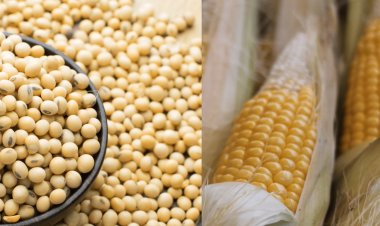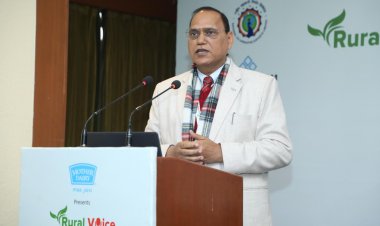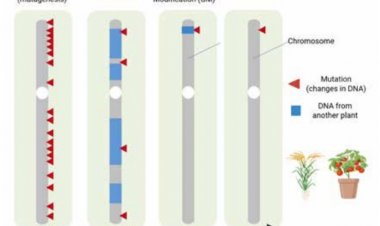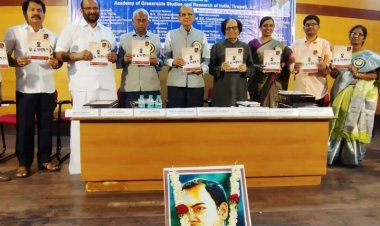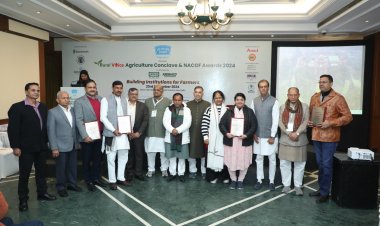Wheat to meet SDG goals, ensure food security: WPPS
Wheat has long been central to India's food security, playing a crucial role in the nation's Green Revolution, which built a strong, sustainable, and secure food system. The seminar, held recently, highlighted the imperative need to position wheat as the lead food crop to fulfill India's future food requirements in 2050 and beyond. To accomplish Sustainable Development Goal 2 and ensure long term food security, the seminar put forth key recommendations for policymakers, industry stakeholders, and research institutions.
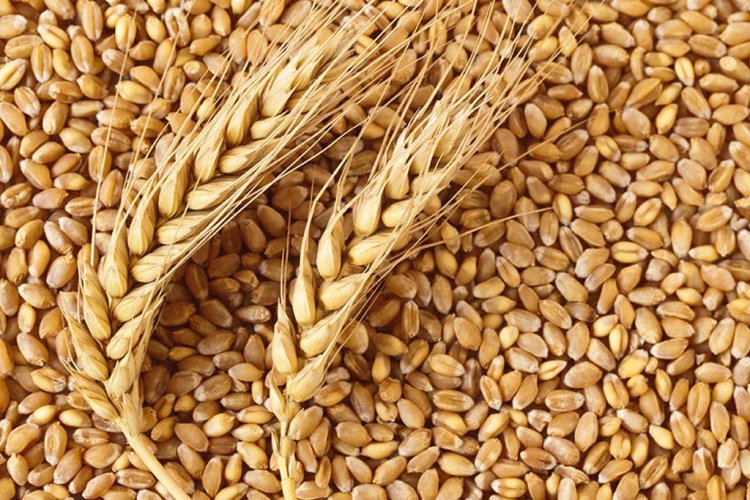
The Wheat Products Promotion Society (WPPS) has emphasised the importance of promoting wheat and dispelling misconceptions surrounding refined flour and gluten protein. At a day-long seminar, its chairman Ajay Goyal shed light on the critical role of wheat as a major food crop in addressing Sustainable Development Goal 2, achieving zero hunger by 2030.
Wheat has long been central to India's food security, playing a crucial role in the nation's Green Revolution, which built a strong, sustainable, and secure food system. The seminar, held recently, highlighted the imperative need to position wheat as the lead food crop to fulfill India's future food requirements in 2050 and beyond. To accomplish Sustainable Development Goal 2 and ensure long term food security, the seminar put forth key recommendations for policymakers, industry stakeholders, and research institutions.
The Society said wheat should be more aggressively promoted and utilised in all state-sponsored food and feeding programs. By incorporating wheat into these programs, India can work towards achieving zero hunger by 2030 and ensuring food security for its population.
Whole Wheat Flour (Highly extracted flour) should be preferred for consumption by masses. These should be promoted by the Food Safety and Standard Authority of India (FSSAI).
It also said bio-fortified wheat varieties or wheat-soy/wheat-pulse composite flours should be used to accomplish an adequate supply of macro and micronutrients. These approaches enhance the delivery and bio-availability of essential nutrients, addressing nutritional deficiencies in the target population. With the evolution of significant consumer markets for convenience foods, it is crucial to develop speciality flour specifications. These specifications should cater to emerging areas such as frozen doughs, refrigerated and frozen finished goods, and other evolving segments, meeting consumer demands and fostering innovation in the wheat industry.
The milling industry too should focus on continued mill consolidation to improve efficiency, quality control, and competitiveness. By consolidating mills, the industry can ensure the production of high-quality wheat flour that meets industry standards and consumer expectations. Developing collaborations between the industry and research institutions is crucial for improving wheat processing and nutritional quality. These partnerships will drive innovation, enhance product development, and ensure the industry's continued growth.
Goyal stated, "Promoting wheat and implementing innovative strategies are essential to address Sustainable Development Goal 2 and fulfill India's future food requirements. By developing newer varieties of wheat, improving bioavailability of essential micronutrients, and enhancing wheat legume based supplementary foods, we can improve the health and wellness of the target beneficiaries."



 Join the RuralVoice whatsapp group
Join the RuralVoice whatsapp group



















